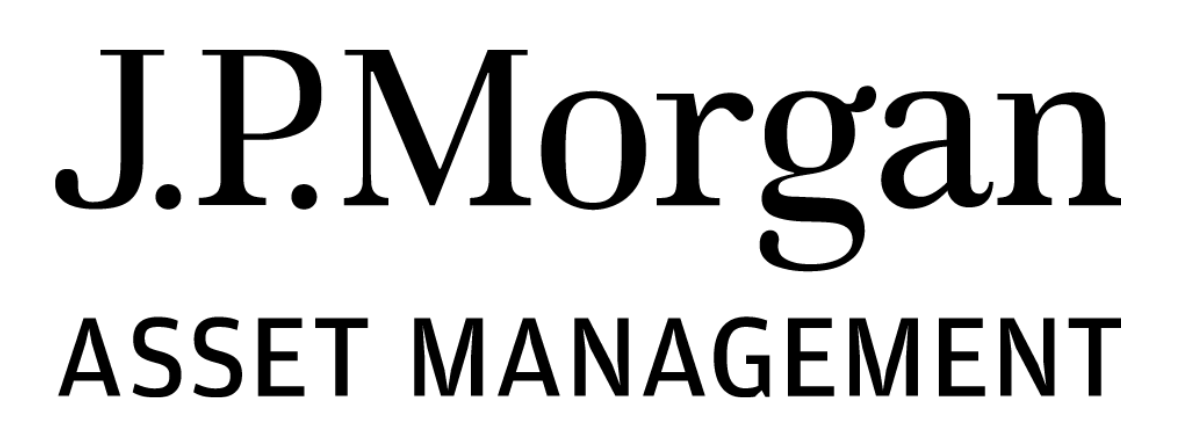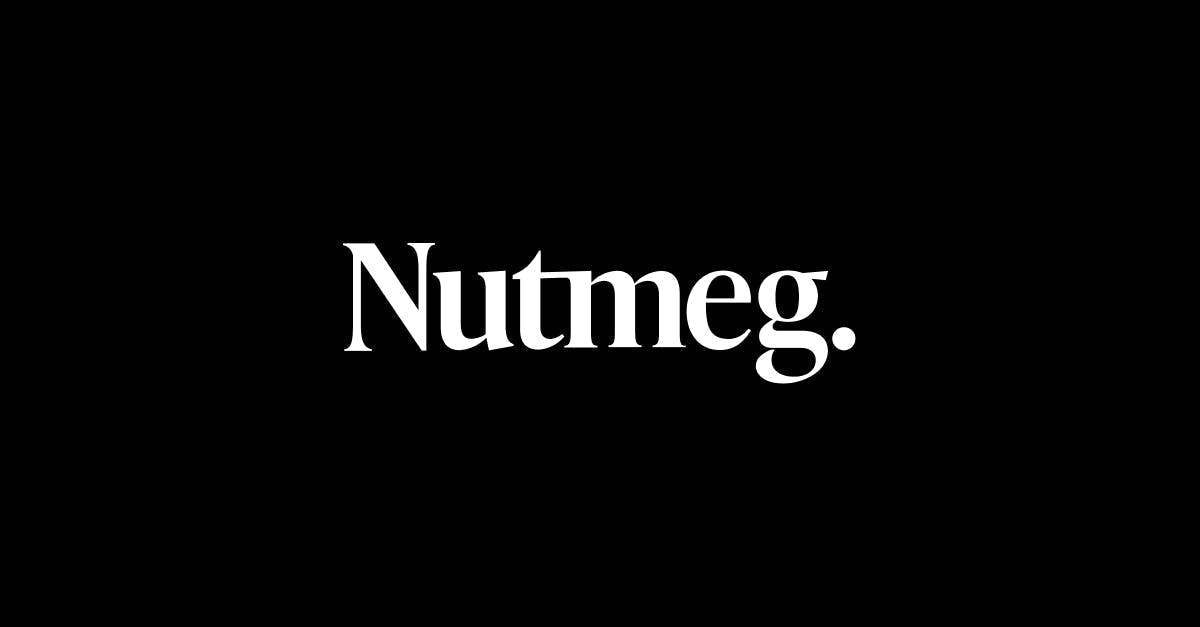The rise of digital ETF distribution in Europe has been a key trend over the past two years, with the integration of ETFs into major fintech apps central to this discussion, however, this shift could prove a fatal blow to conventional robo-advisers.
The latest development in the space came last week as household name Monzo announced plans to launch its first direct-to-consumer investment service based on BlackRock’s MyMap fund range.
Some products in the funds-of-funds suite are up to 45% reliant on ETFs targeting fixed income and even the cult favourite $4.3bn iShares Global Clean Energy UCITS ETF (INRG).
Monzo CEO TS Anil said the move was “an important next step” as the firm puts its “stamp on another corner of finance” perceived as “complex and inaccessible”.
“Millions of people in the UK feel investing is not for them – it is now,” he said.
The announcement follows 18 months of the neobank making hires to furnish its investment proposition, with the prospect of amassing platform fees from buy-and-hold retail investors proving an alluring proposition for many digital-first banks.
In May, rival firm Revolut partnered with Berlin-based fintech Upvest to launch a platform with 158 ETFs accessible to European clients, with fractional trades starting from just €1.
Revolut’s decision came as little surprise to some, given chairman Martin Gilbert said not entering the ETF industry was his biggest regret when he was CEO of Aberdeen Asset Management, now abrdn.
However, a trail was blazed in February by JP Morgan’s digital challenger bank, Chase UK, which incorporated Nutmeg – the ETF-based robo-adviser it acquired in 2021 – into its retail banking app under the ‘Save and invest’ page.
Examining the inroads made by established fintechs, Michael O’Riordan, founding partner of Blackwater Search & Advisory, said garnering traction for their new offerings relies on “a hell of a lot of work on education”.
With ETF awareness and education currently “pitifully low”, changing this will take no short measure of determination by neobanks, O’Riordan said.
“From what I have experienced with some of them so far…they do not have that appetite. They want to eat low-hanging fruit but not necessarily plant the field for future growth.”
However, he argued when “grassroots” education on ETFs is successful, this presents an existential threat to some dedicated, ETF-based digital investment solutions.
“Ultimately though, the likes of Revolut, Monzo and N26 will cause the death of the standalone robo-adviser as they are a one-stop shop for all your financial needs,” he said.
O’Riordan’s comments potentially go some way to explaining Nutmeg’s decision to agree to an acquisition by JP Morgan and subsequent inclusion in the Chase UK platform.
James McManus, CIO of Nutmeg, said robo-adviser offerings such as those offered by his firm have been successful in engaging a broader audience on investing, with "around 40%" of Nutmeg users "having never invested before".
"We have led the way in building client-centric user experiences that engage new and experienced investors in taking the next steps towards achieving their financial goals, and we believe we have an even bigger opportunity to do so as part of JP Morgan Chase," McManus told ETF Stream.
"While we are excited about the opportunity to help even more UK consumers invest for the future as part of our own journey, it is encouraging to see other leading fintechs also recognising the need to engage their customer bases on investing."
However, the retail and digital ETF distribution story is not UK-focused or led by robo-advisers. Fintechs may have a more difficult time dethroning the leaders in this space – savings plan providers – with 4.9 million investors contributing to the plans in 2022 alone, predominantly in Germany.
On this, O’Riordan said: “This is a tough one as the German firms have done well so far. But in general, any fully integrated model will always win out against a standalone investment-only platform. From a user experience standpoint, it is just easier.”
Irrespective of fintech challengers, the fate of savings plans may be sealed if the EU follows the proposals outlined in its May Retail Investment Strategy including a ban on financial inducements for execution-only sales, where no financial advice is provided.
Such a move, Scalable Capital chief strategy officer Dirk Urmoneit warned, would make the firm’s savings plan business “loss-making” unless it introduces a fee for retail clients.
The German provider currently receives up to €2.60 from ETF issuers for ETF share transactions, however, this dynamic and the currently low-cost offering for retail clients would come to an end if the EU follows through on its Retail Investment Strategy proposals.








